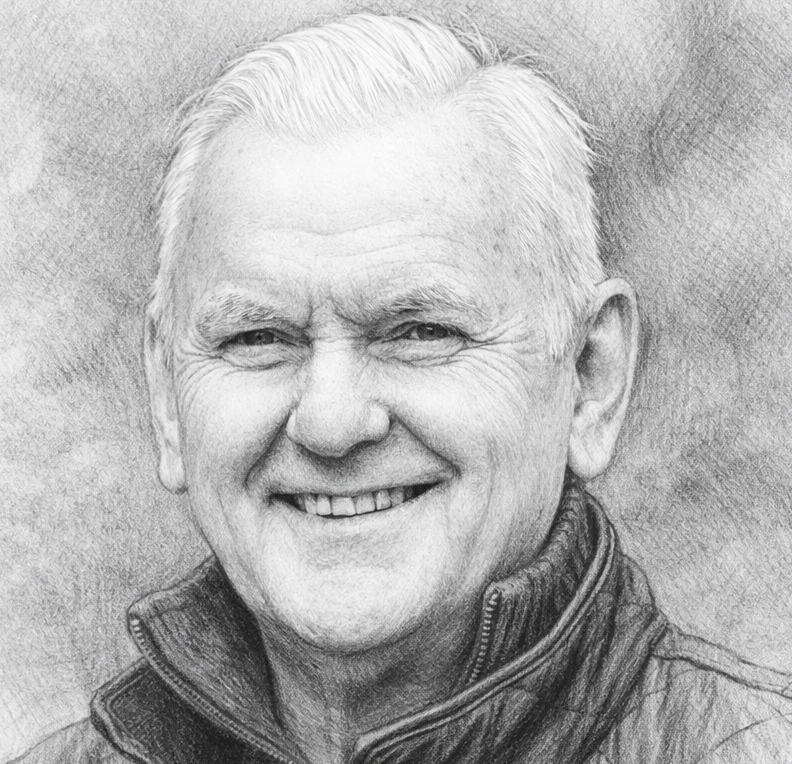When you sit down to meditate, you usually want it to be a calm, uninterrupted and peaceful time, and to feel less stressed at the end of it. Sensibly you do all you can to minimise the risk of disruption – put the phone on silent, find a place where you are unlikely to be disturbed, tell anyone in the house what you are up to and for how long, and then sit and start your formal practice whatever that is.
Then the neighbour’s dog starts barking, or an emergency vehicle passes by with its siren blaring away, or the doorbell goes, or you notice the clock is ticking loudly, or someone is noisily moving about the house. Eventually the external interruptions may fade, then you notice you are not comfortable as you sit, so you shuffle to get comfortable, or that ache in the knee seems prominent today, or there’s quite a bit of tension in your neck or your jaw. So, you start your practice, following the breath or doing a body scan. Then you remember you haven’t paid a bill, or you haven’t sent a birthday card to a friend. You follow a couple of breaths, then before you know it you are well into planning your next holiday. After 20 minutes you realise you have followed maybe a dozen breaths, planned lunch, consciously resisted giving up the meditation five times, got a pain in your knee, and wondering why you bothered.
If you measure your meditation by how long you stay with a chosen focus of attention, such as the breath, then it is easy to conclude that a meditation is not very effective. From time to time you may get a meditation with few distractions, but more often than not there are more distractions than focus in the practice. Of course, the more we practice the easier it is to let go of distractions, but even the most experienced meditator is going to have unwelcome visitors into their practice.
Let’s change perspective. What if the distractions are your practice. Rather, how you deal with distractions are your practice. Of course, if the distraction is the smell of smoke and the prospect of the house burning down, or a scream for help, then the right thing to do is to stop your meditation and go deal with the problem. But when it is the neighbour’s yapping dog, then this is your opportunity to practice noticing it and letting go of it; the dog continues yapping, but you consciously choose to move your attention somewhere else, and instead of going into internal tirades about the annoying dog and the inconsiderate neighbours you feel the next breath. Of course, the dog continues yapping, maybe thoughts of vengeance arise, but you choose to focus on the breath – until the next distraction such as one of the kids yelling in the kitchen.
Mindfulness is about cultivating the ability to direct our attention, and about approaching the present moment without judging it. As well as training our attention, we are trying to foster a more open and accepting attitude to life. Paradoxically, the distractions are helping us to achieve both of these – dealing with the distraction in a more tolerant way and redirecting our attention. So, the distractions are an important part of the practice. It’s rather like the truckload of dung example
Of course, we don’t choose to practice in an environment where there are an overwhelming number of distractions. We don’t learn to swim by diving into the sea in a storm, but choose a quiet swimming pool to practice in before venturing out into the waves. But as we get more practiced, it is possible to meditate in more noisy environments (I can settle down to a practice in an airport lounge or on a train). When we gain experience, we get to know the limits of our tolerance and adapt our meditation practice to it.
There are benefits to periods of undisturbed focus, but there are benefits too of learning how to constructively deal with disturbances. And the less you get upset by distractions, the easier practice becomes. You are unlikely to have regular meditations which are long periods of uninterrupted focus. But the practice of sitting down and dealing with distractions in a mindful way is excellent practice.
So, thank you yapping dog. You helped me to meditate. (PS, I’d rather you kept quiet while I meditated, but hey you’re just a dog).
